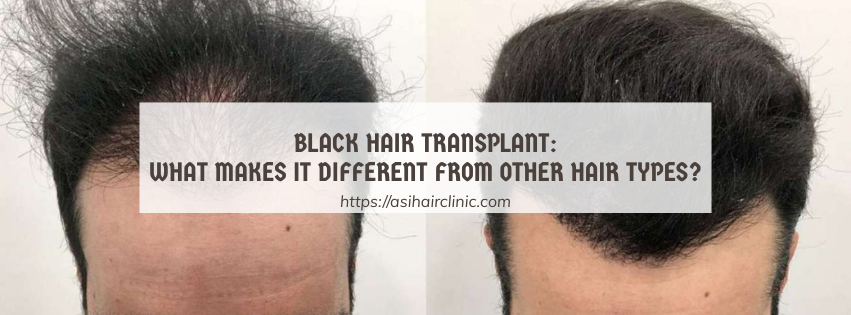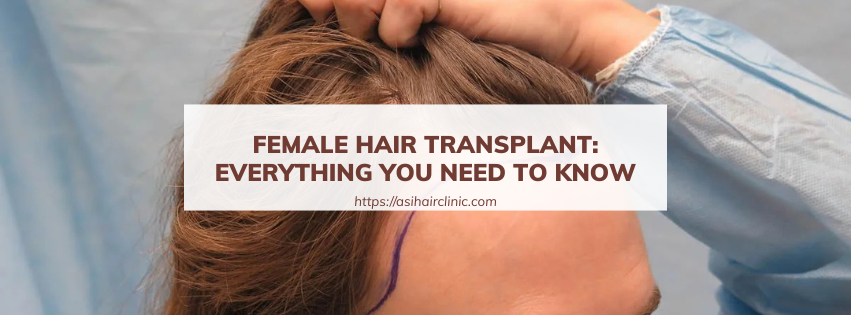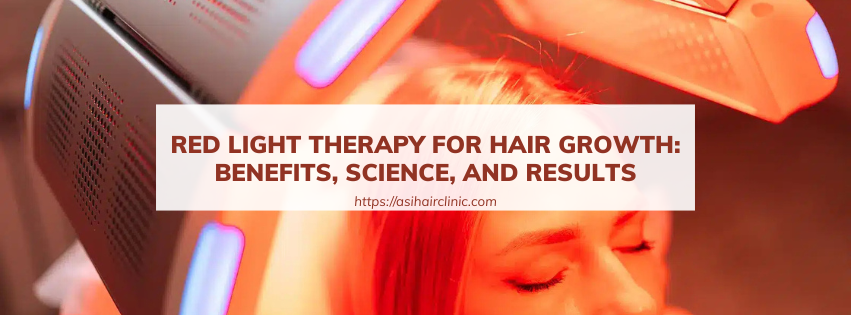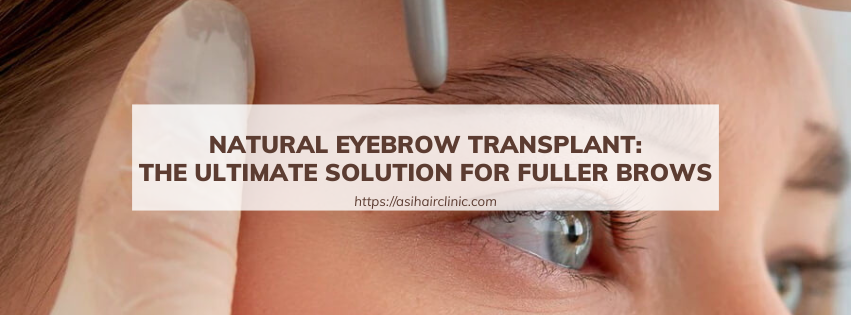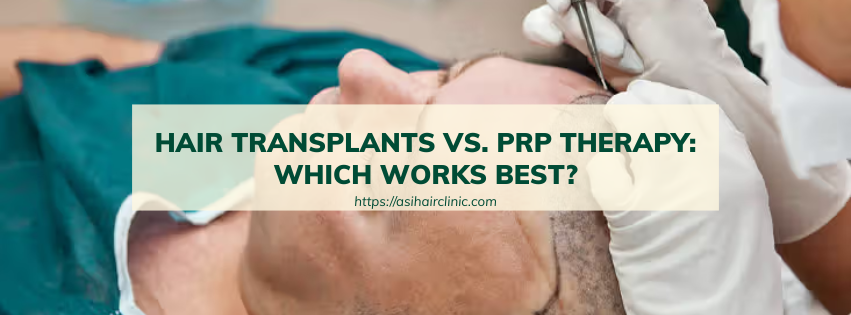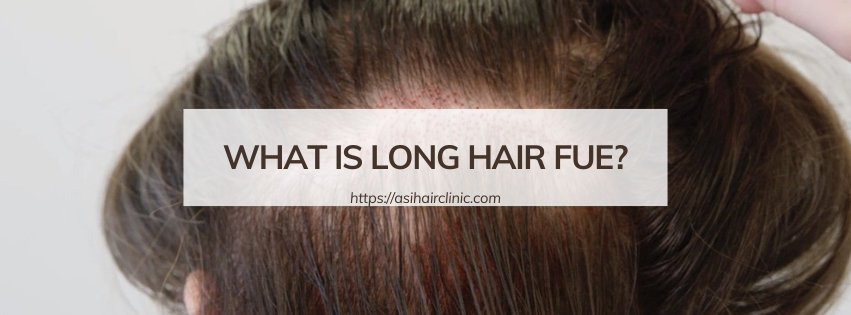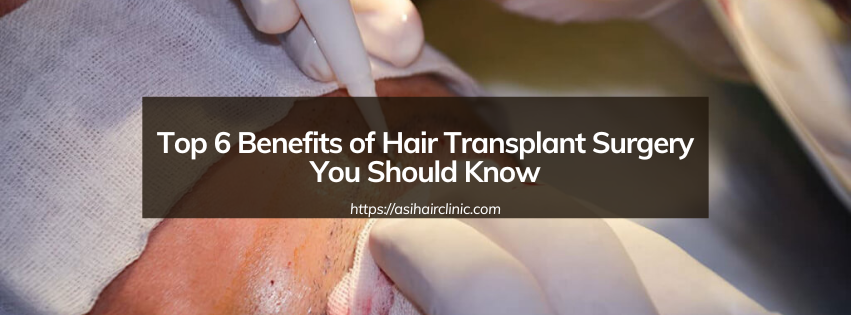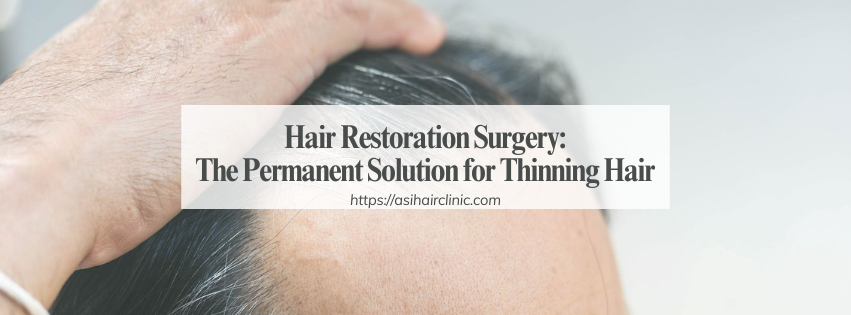Hair Loss Myths Debunked: What Really Causes Thinning Hair?
Hair loss is a common issue that affects millions of people around the world, causing distress and anxiety. It can lead to a significant decline in self-esteem, making individuals feel less confident in their appearance. Despite its prevalence, there are many myths surrounding hair loss that can perpetuate confusion and misinformation. In this article, we will debunk some of these myths and explore the real causes of thinning hair, while also providing guidance on how to address and prevent it effectively.
1. Common Hair Loss Myths Debunked
The realm of hair loss is rife with misconceptions that can often lead to unnecessary worry or misguided attempts to remedy the situation. Let's take a closer look at some of the most common myths associated with hair loss and clarify the truths behind them.
1.1. Myth 1: Wearing Hats Causes Hair Loss
A popular belief suggests that wearing hats can lead to hair loss due to restricted blood flow to the scalp. However, this myth has been thoroughly debunked by medical professionals.
In reality, hair follicles need adequate blood supply to remain healthy, and wearing a hat does not significantly impede this circulation. The only way a hat could potentially cause hair loss is if it is overly tight or made from materials that irritate the scalp. This irritation could lead to conditions like traction alopecia, which results from constant pulling or tension on hair strands.
Moreover, hats can provide protection for your hair against environmental factors such as UV rays and harsh weather conditions. So, rather than worrying about hats contributing to hair loss, feel free to wear them for style and protection.
1.2. Myth 2: Only Men Experience Hair Loss
Another widespread misconception is that hair loss is solely a male problem. While male-pattern baldness is more commonly recognized, women experience hair loss as well, albeit in different patterns and forms.
Women may face hair thinning or shedding due to various factors such as hormonal changes, particularly during pregnancy, menopause, or as a result of conditions like polycystic ovary syndrome (PCOS). Additionally, female-pattern hair loss tends to manifest as overall thinning rather than complete bald spots.
Considering societal pressures related to hair, women may feel even more stigmatized by hair loss. Breaking down these gender barriers regarding hair loss is crucial for promoting awareness and encouraging open discussions about the topic.
1.3. Myth 3: Hair Loss Is Always Genetic
While genetics do play a role in hair loss for many individuals, claiming that it is always genetic oversimplifies a complex issue. Conditions such as androgenetic alopecia (the scientific term for hereditary hair loss) are influenced by genetic predispositions, but they are not the sole contributors.
Other non-genetic factors can significantly impact hair health, including hormonal imbalances, stress, nutritional deficiencies, and certain medical conditions. Lifestyle choices, such as smoking and poor diet, can also exacerbate hair loss, regardless of family history. Thus, understanding that hair loss can stem from multiple sources helps broaden the discussion about prevention and treatment.
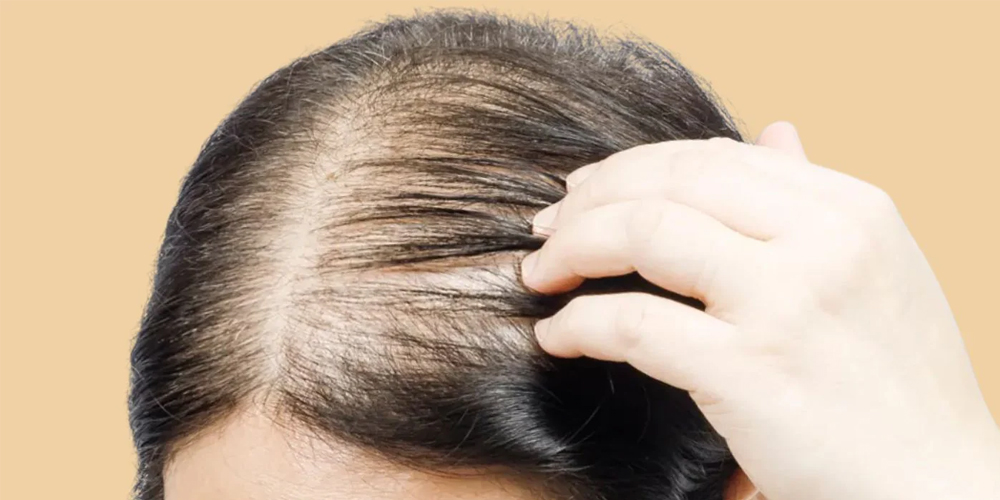
1.4. Myth 4: Washing Your Hair Too Often Leads to Hair Loss
Another misconception is that frequent hair washing causes hair loss by stripping natural oils from the scalp. However, this perspective overlooks the importance of scalp hygiene.
Regular washing is essential for maintaining a clean scalp and preventing an overgrowth of bacteria or fungi, which can contribute to hair problems. Using gentle shampoos tailored to your hair type is crucial to avoid damaging hair strands. If an individual experiences excessive hair loss after washing, it is often more related to the condition of their hair or scalp rather than the frequency of washing.
Ultimately, everyone's hair care routine should be personalized. Some people may need to wash their hair daily, while others might find every few days works best for their hair type.
1.5. Myth 5: Hair Loss Is Permanent and Irreversible
Many believe that once hair loss begins, there’s no turning back. While it is true that certain types of hair loss can be permanent, there are various treatments available that can promote hair regrowth or slow progression.
Depending on the underlying cause of hair loss, individuals may benefit from medications, topical treatments, laser therapies, or even surgical options like hair transplants. Furthermore, lifestyle adjustments-including improved nutrition and stress management-can also contribute positively to hair health.
Understanding that not all forms of hair loss are irreversible opens the door to hope and proactive solutions.
2. Understanding the Real Causes of Thinning Hair
To effectively combat hair loss, it's essential to understand the root causes behind it. Recognizing how various factors interconnect can empower individuals to take targeted actions toward addressing their hair concerns.
2.1. Genetic Factors
As previously mentioned, genetics can significantly influence hair loss. Those with a family history of hair loss may have a higher likelihood of experiencing similar issues themselves.
Androgenetic alopecia stems from inherited genes that affect hair follicle sensitivity to hormones like dihydrotestosterone (DHT), leading to miniaturization of hair follicles. This genetic predisposition can start as early as the teenage years, affecting both men and women differently.
However, having a genetic tendency towards hair loss does not necessarily doom individuals to a life of thinning hair. Advances in science and medicine allow for effective interventions that can alter the course of hereditary hair loss.
2.2. Hormonal Changes
Hormonal fluctuations can greatly impact hair health, particularly in women. Throughout different life stages-such as puberty, pregnancy, and menopause-hormonal changes can lead to hair shedding or thinning.
Conditions like thyroid disorders can also disrupt hormone levels, resulting in hair loss. When the body produces either too much or too little of specific hormones, it can signal hair follicles to enter a resting phase, causing increased shedding.
Individuals experiencing unexplained hair loss should consider consulting healthcare professionals who can help uncover any underlying hormonal issues.
2.3. Lifestyle and Environmental Factors
External factors can also contribute to hair loss, ranging from lifestyle choices to environmental exposures. Stress, nutrition, and even products used on the hair can play a crucial role in determining hair health.
Chronic stress triggers physiological changes, which can lead to hair loss conditions like telogen effluvium, where hair prematurely shifts into the shedding phase. Additionally, poor diets lacking essential nutrients-like vitamins A, D, E, iron, and omega-3 fatty acids-can deprive hair follicles of necessary nourishment.
Environmental factors, including exposure to pollution and harsh chemicals found in hair products, can also damage hair and lead to increased shedding. Therefore, individuals are encouraged to adopt healthy lifestyles and minimize harmful exposures to support hair growth.
2.4. Medical Conditions and Medications
Certain medical conditions can lead to hair loss, requiring appropriate diagnosis and treatment. Autoimmune disorders, such as alopecia areata, cause the body’s immune system to attack hair follicles, resulting in patchy hair loss.
Additionally, medications used to treat various health issues can also cause hair thinning as a side effect. Chemotherapy drugs, blood thinners, and antidepressants are some examples of medications known to trigger hair loss.
If you suspect that medication might be causing your hair loss, it’s important to discuss this with your healthcare provider, who may suggest alternatives or additional treatments to mitigate the effects.
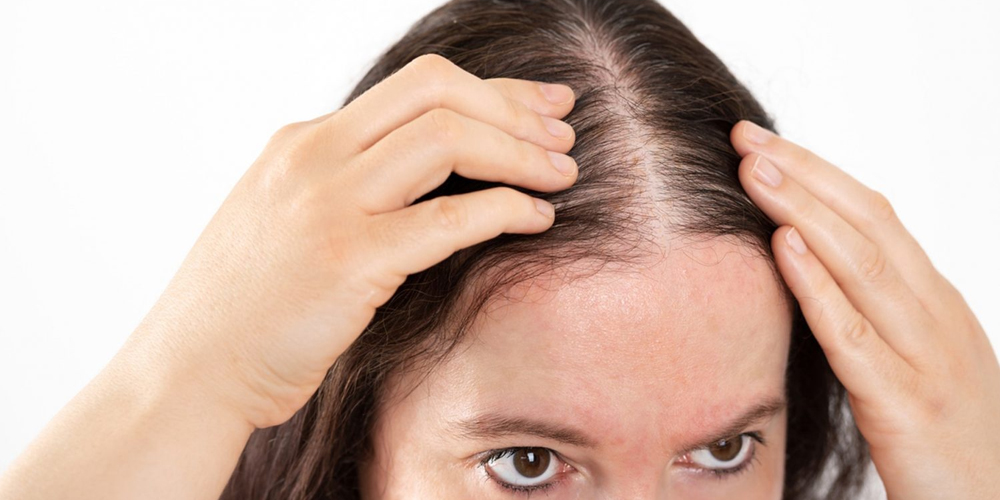
3. How to Address and Prevent Hair Loss
Arming oneself with knowledge and practical strategies is essential for combating hair loss. Early intervention can significantly improve outcomes, so it's critical to recognize signs of hair thinning and take proactive measures.
3.1. Early Diagnosis and Professional Consultation
When facing hair loss, the first step should be to seek professional consultation. Dermatologists and trichologists specialize in diagnosing and treating hair-related issues, offering tailored advice based on individual circumstances.
A thorough examination will determine the cause of hair loss and help identify potential treatment options. Blood tests may be conducted to check for hormonal imbalances, nutrient deficiencies, or underlying medical conditions. The sooner an accurate diagnosis is received, the better the chances of successful intervention.
Early diagnosis allows for appropriate steps to be taken, whether through lifestyle changes, topical treatments, or medical procedures. Engaging with professionals ensures that individuals receive informed guidance instead of relying on myths or guesswork.
3.2. Effective Treatments and Solutions
Once the cause of hair loss is established, various treatments can be considered. Options may range from over-the-counter minoxidil to prescription treatments like finasteride for men.
Minoxidil, a topical solution, is FDA-approved for promoting hair growth and can work for both men and women. Finasteride, on the other hand, inhibits the formation of DHT, which is often responsible for male-pattern baldness.
For those seeking more invasive methods, hair transplant surgery is an option that involves moving hair follicles from one part of the scalp to areas experiencing thinning. Various laser therapies also show promise for stimulating hair follicles and promoting a healthier scalp environment.
It’s crucial to research and consult with qualified professionals before starting any treatment regimen to ensure optimal results.
3.3. Healthy Hair Care Habits
Establishing a healthy hair care routine is vital for maintaining hair health and minimizing loss. This includes using gentle products designed for your hair type and avoiding harsh chemicals that can damage hair.
To further promote hair growth, regular scalp massages can enhance blood circulation and stimulate hair follicles. Incorporating nourishing ingredients, such as essential oils and herbal extracts, may also provide added benefits.
Diet plays a significant role in hair health; consuming a balanced, nutrient-rich diet can strengthen hair from within. Foods rich in protein, vitamins, and minerals are fundamental for supporting hair structure and reducing breakage.
Lastly, managing stress through relaxation techniques-such as meditation, yoga, or exercise-can contribute positively to hair health. By adopting a holistic approach, individuals can create an environment conducive to hair growth.
FAQs
Does wearing a ponytail cause permanent hair loss?
Wearing a ponytail does not inherently cause permanent hair loss. However, if worn too tightly or frequently, it can create tension on hair follicles, leading to a form of hair loss known as traction alopecia. To prevent this, it’s advisable to vary hairstyles and avoid putting excessive stress on the hair.
Can stress alone lead to thinning hair?
Yes, stress can lead to hair loss, primarily in the form of telogen effluvium. When someone experiences severe stress, hair may prematurely enter the telogen phase, resulting in increased shedding. Finding ways to manage stress is crucial for maintaining hair health.
How do I know if my hair loss is genetic?
If you have a family history of hair loss, especially among close relatives, it may indicate a genetic predisposition. Observing the pattern of hair loss is also helpful; if thinning occurs in a recognizable pattern, it could suggest genetic involvement. Consulting with a healthcare professional can provide clarity on the situation.
Conclusion
Understanding the complexities of hair loss allows individuals to approach the subject with confidence and knowledge. By debunking common myths and acknowledging the real causes of thinning hair, we can embark on paths toward prevention and treatment.
Rather than falling prey to misconceptions, empowering oneself with information promotes proactive measures for maintaining hair health. Whether through professional consultations, effective treatments, or adopting healthy habits, taking control of hair loss is possible.
Remember, hair loss is not just a cosmetic concern; it can affect emotional well-being. By recognizing the significance of hair in our identity and self-perception, we can foster healthier relationships with ourselves, regardless of our hair status.
LATEST POSTS

